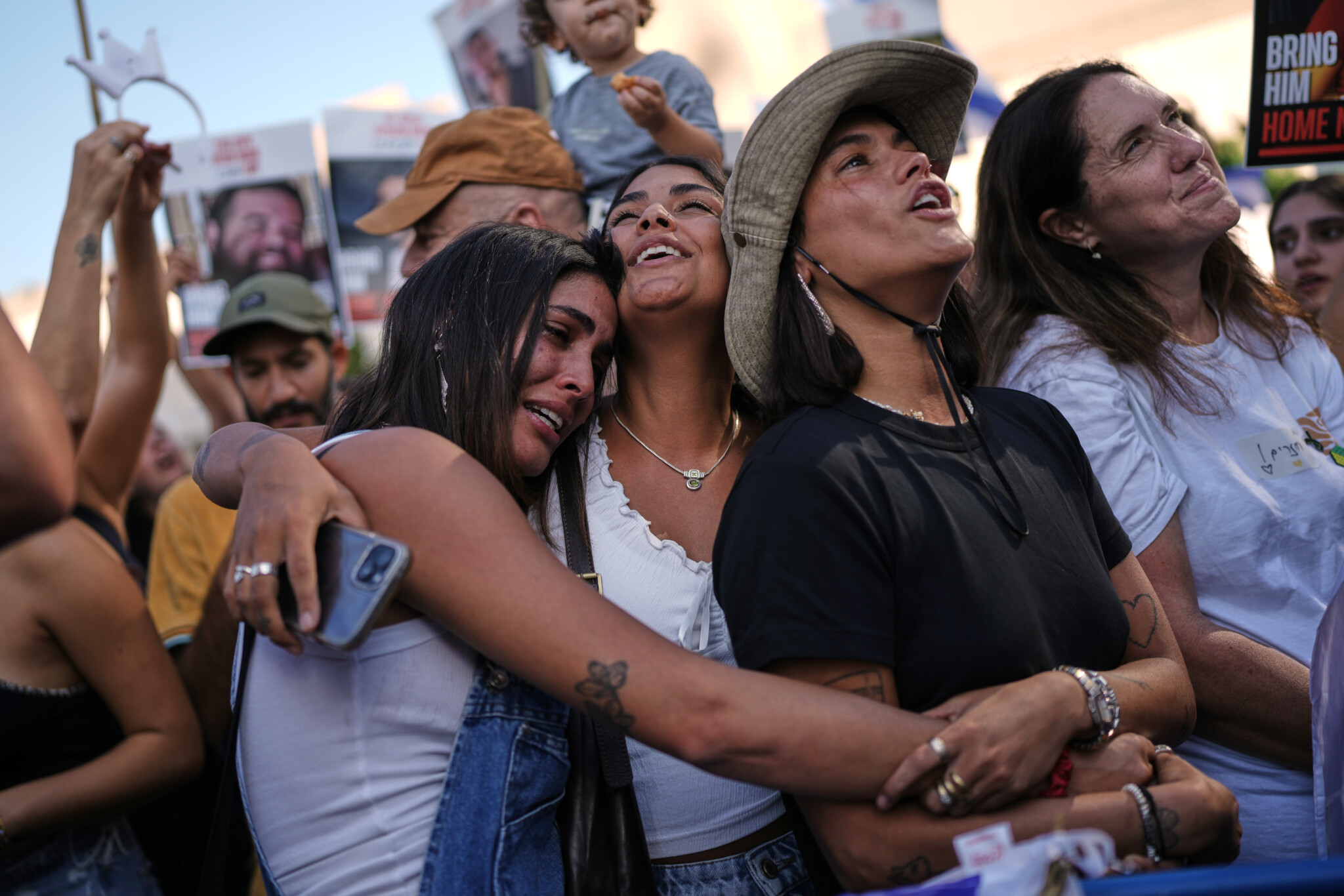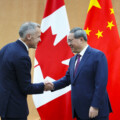Earlier this week, almost immediately after a ceasefire agreement had been reached between Israel and Hamas, I packed up and flew to Israel. As a Jew in the diaspora who’s watched humanity unravel since October 7, I knew where I needed to be. In my homeland, at Hostage Square.
The last two years in Canada haven’t been easy. Jews and our allies have watched moral inversion take hold, while our country that once seemed like a champion of decency, truth and integrity, has lost itself to madness. People who once spoke of justice now excuse hatred and even murder. Those who claim to be activists and defenders of human rights celebrate movements, ideologies, and organizations that embrace death over life, and terror over peace. The same institutions whose core values were once centered on compassion now treat cruelty as a form of courage and a righteous path. Even our government leaders and those charged with upholding the law, entrusted with protecting the fabric of our democracy, have proved to be silent at best and complicit at worst in this explosion of Jew-hatred.
It has become unbearable living in a place where empathy is selective and truth is subjective.
Indeed, it became clear to me that my healing could not begin in such a place. The wounds of October 7, the most barbaric and widespread attack on Jews since the Holocaust, needed to be free. In Israel, despite all odds, and despite immeasurable suffering, I found a nation united and still thriving. At Hostage Square, hundreds of thousands who had gathered ceaselessly for over two years came together once more. Families and friends of the hostages were embraced, held up, and supported by an entire people that refused to forget. They carried the faces of the 251 innocent women, men, children and grandparents brutally taken from their beds, or from a music festival for peace, on that black Saturday in October.
Healing demanded hope, unity, and the moral courage to affirm life—all things our community had struggled with in Canada.
The author describes a perceived 'moral inversion' in Canada. What specific examples does she provide to support this claim?
How does the author contrast the atmosphere in Israel with her experience in Canada, particularly regarding the hostage release?
What core Jewish principles does the author emphasize as being evident in Israel's response to the hostage crisis?









Comments (0)